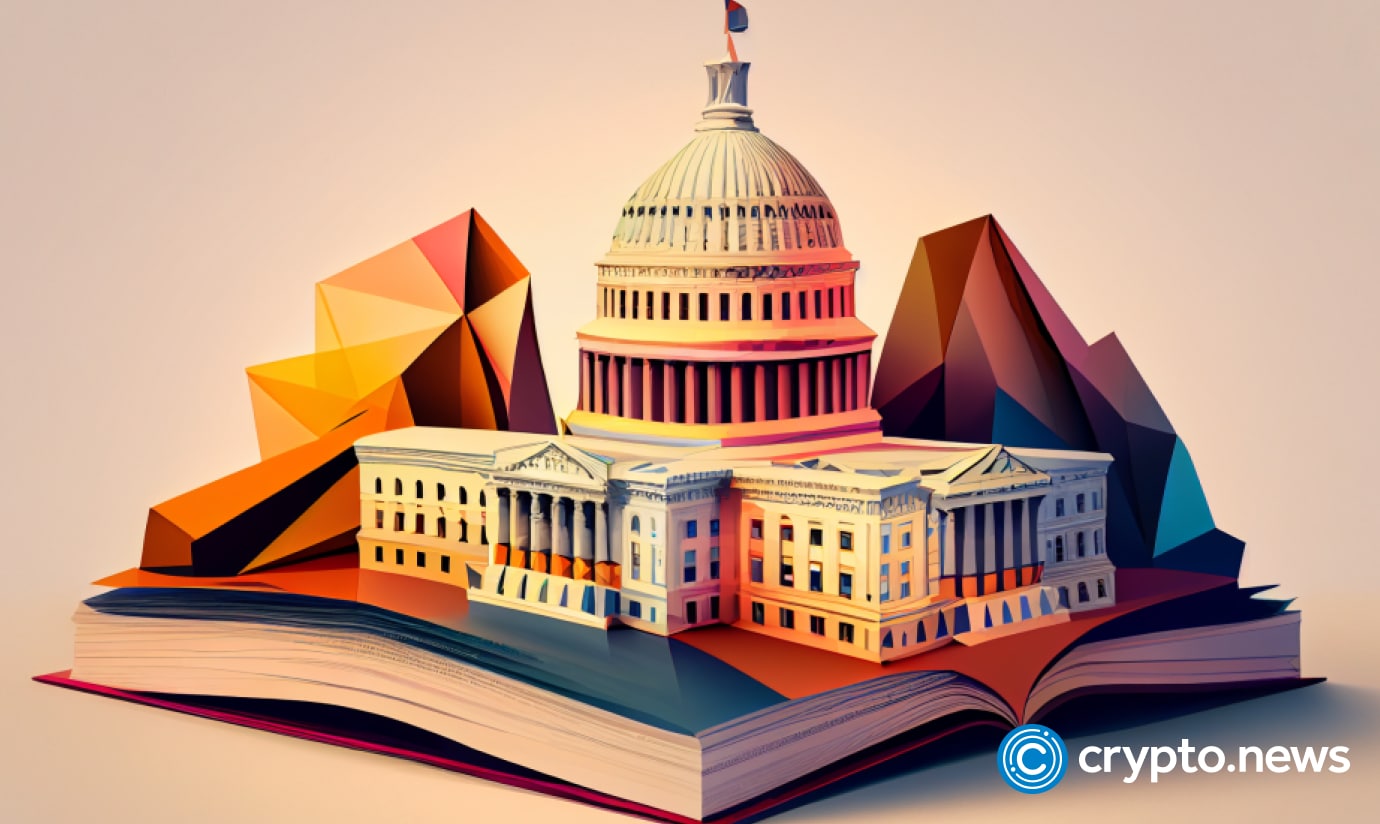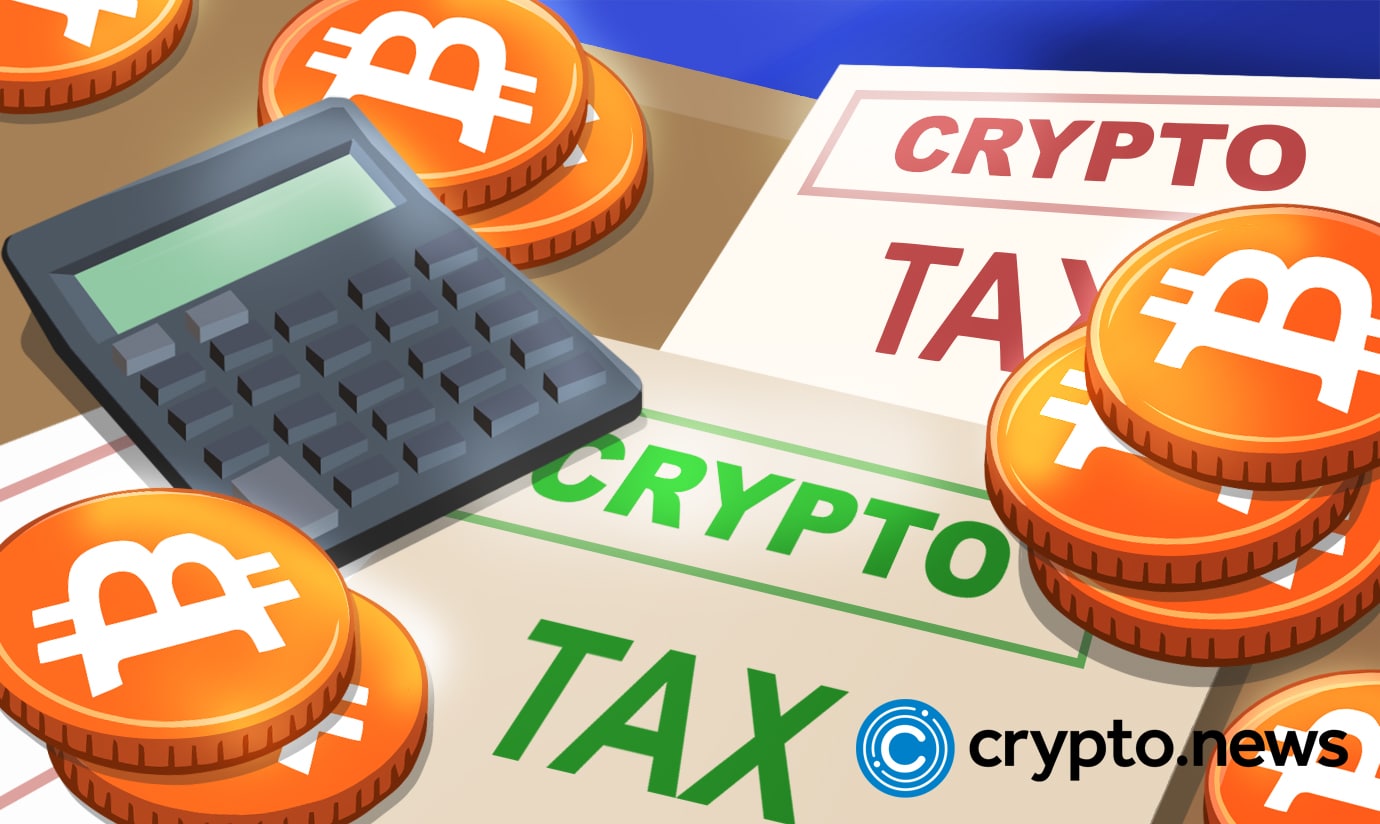
2023-6-13 22:26 |
The country’s 2023 budget is riddled with an 11 trillion naira budget deficit and 6 trillion naira debt service cost, so it is looking for new avenues to fund its budget, observers say.
Nigeria has placed a 10% tax on digital asset profits in the latest Nations Finance Act 2022 amendment. The tax will include profits earned on trade, staking, or other cryptocurrency investments. According to the Capital Gains Tax Act, the word digital assets were infused into asset classes for purposes of taxation.
“Subject to any exceptions provided by this Act, all forms of property shall be assets for the purposes of this Act, whether situated in Nigeria or not, including options, debts, digital assets, and incorporeal property generally,” the Act reads.
The announcement of the new policy came with lots of backlash from the Finance markets, with many wondering how the government intends to tax a sector that it has described as “illegal.” Over the weekend, Nigeria’s Securities and Exchange Commission (SEC) announced that the operations of Binance Nigeria Limited, the local branch of Binance in the country, are illegal and not in line with the laws.
The Commission also urged investors to be wary of the company and warned the exchange to desist from soliciting investment from the country.
“Binance Nigeria Limited is hereby directed to immediately stop soliciting Nigerian investors in any form whatsoever,” the Securities and Exchange Commission (SEC) said in a statement dated June 9. It said the company was not registered or regulated, making it illegal.”
A silver lining amid chaosDespite the looks of things, observers have tipped a turnaround in the country’s dealings with digital assets. The Central Bank of Nigeria banned cryptocurrency trading in 2021 with harsh words against the sector while floating its “failing” e-naira, creating panic for users.
That period looks over as the new President, Bola Ahmed Tinubu, in his manifesto, recognized digital assets and created a path for them in the nation’s economy. Experts suggest that digital assets have received legitimacy with this new tax code because the government cannot tax what is illegal while infusing it as an asset class.
According to many, the ban on Binance, though harsh, is in line with the 10% tax policy forcing all exchanges to register with authorities for a regulated market. Nigeria has a pro-crypto population, and with plunging revenues, the government is looking for other revenue streams.
In 2022, Nigeria ranked 11th according to the Chainalysis Global Crypto Adoption Index amid tough regulatory policies.
origin »Bitcoin price in Telegram @btc_price_every_hour
Time New Bank (TNB) на Currencies.ru
|
|












